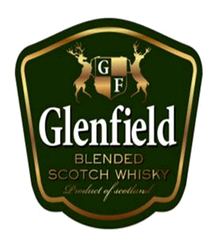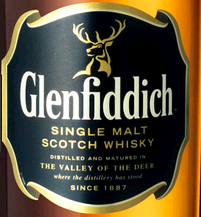To the interest of many a scouser and football fan alike, Liverpool Football Club’s attempt to register as a UK trademark LIVERPOOL has been rejected by the UKIPO on the grounds that the word is of “geographical significance” to the city. Liverpool FC had filed its application in regards to various goods in relation to football and the filing had attracted significant public attention.
Other English football clubs (Everton, Chelsea and Tottenham) have managed to register several trade marks for each of their respective area names. In addition Southampton Football Club has managed to register SOUTHAMPTON as an EU trade mark. As a result, it is not surprising that Liverpool FC would seek to register a similar mark to help protect its valuable brand.
However, as a result of the filing the club received significant backlash from the people of Liverpool, including their own supporters, and – probably in a related move – Liverpool FC has said that it does not plan to appeal the refusal and it has withdrawn the application. An additional trade mark application for LIVERPOOL with different claims has also been withdrawn.
The matter presents a great case study for brand owners on balancing the need to protect their brand whilst being considerate of the potential adverse PR that will come with the application for certain trade marks.
Read More


